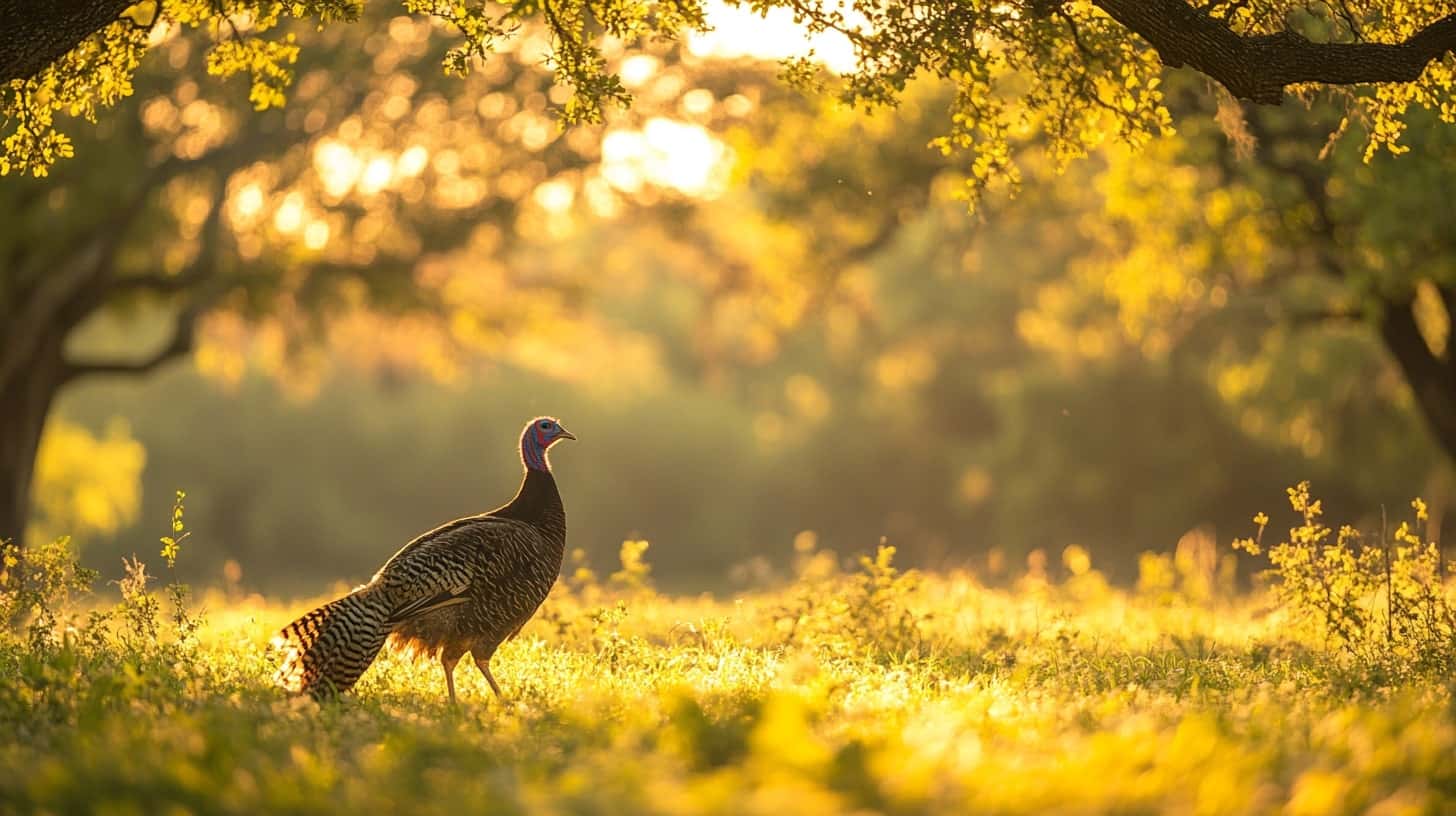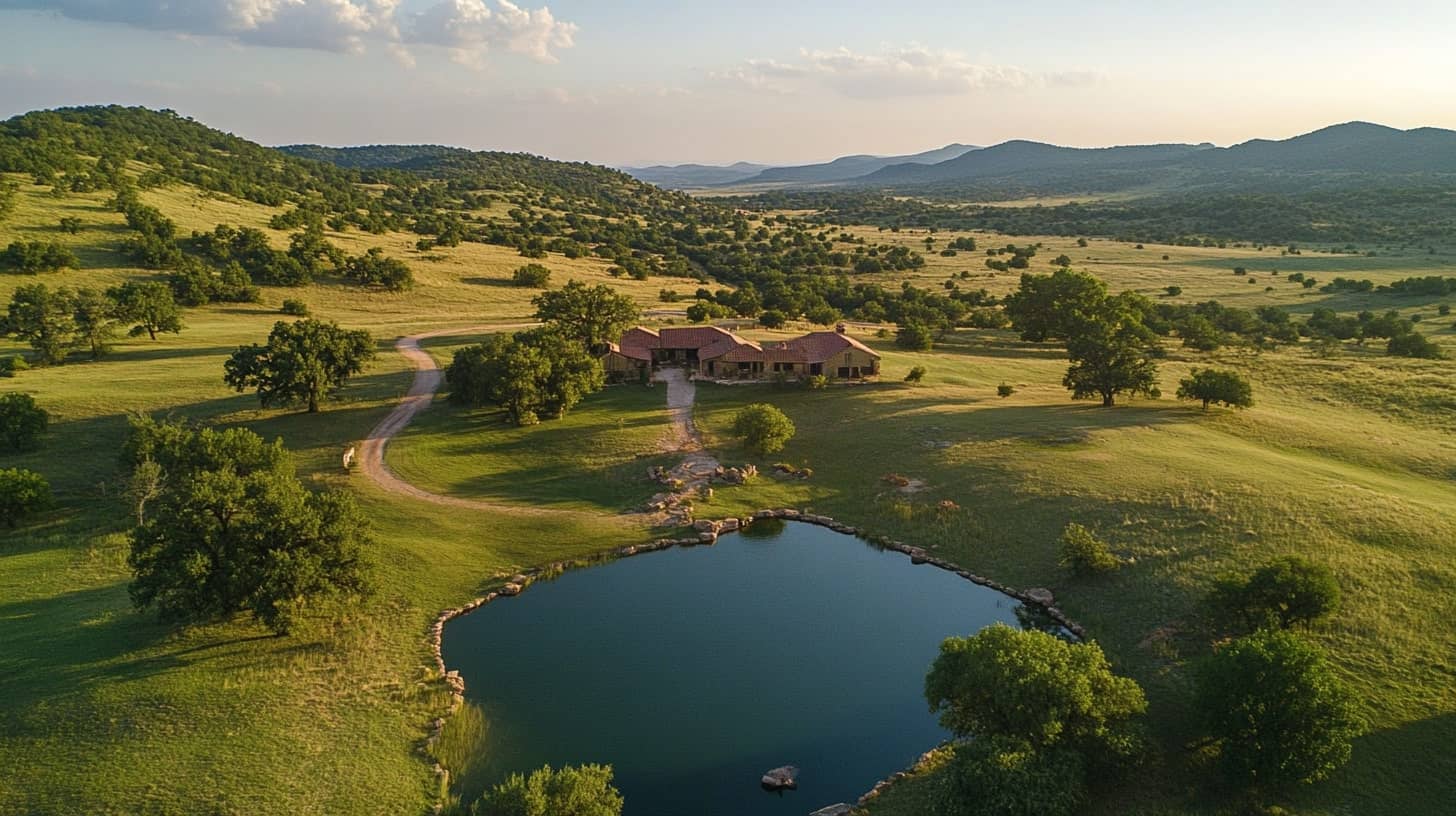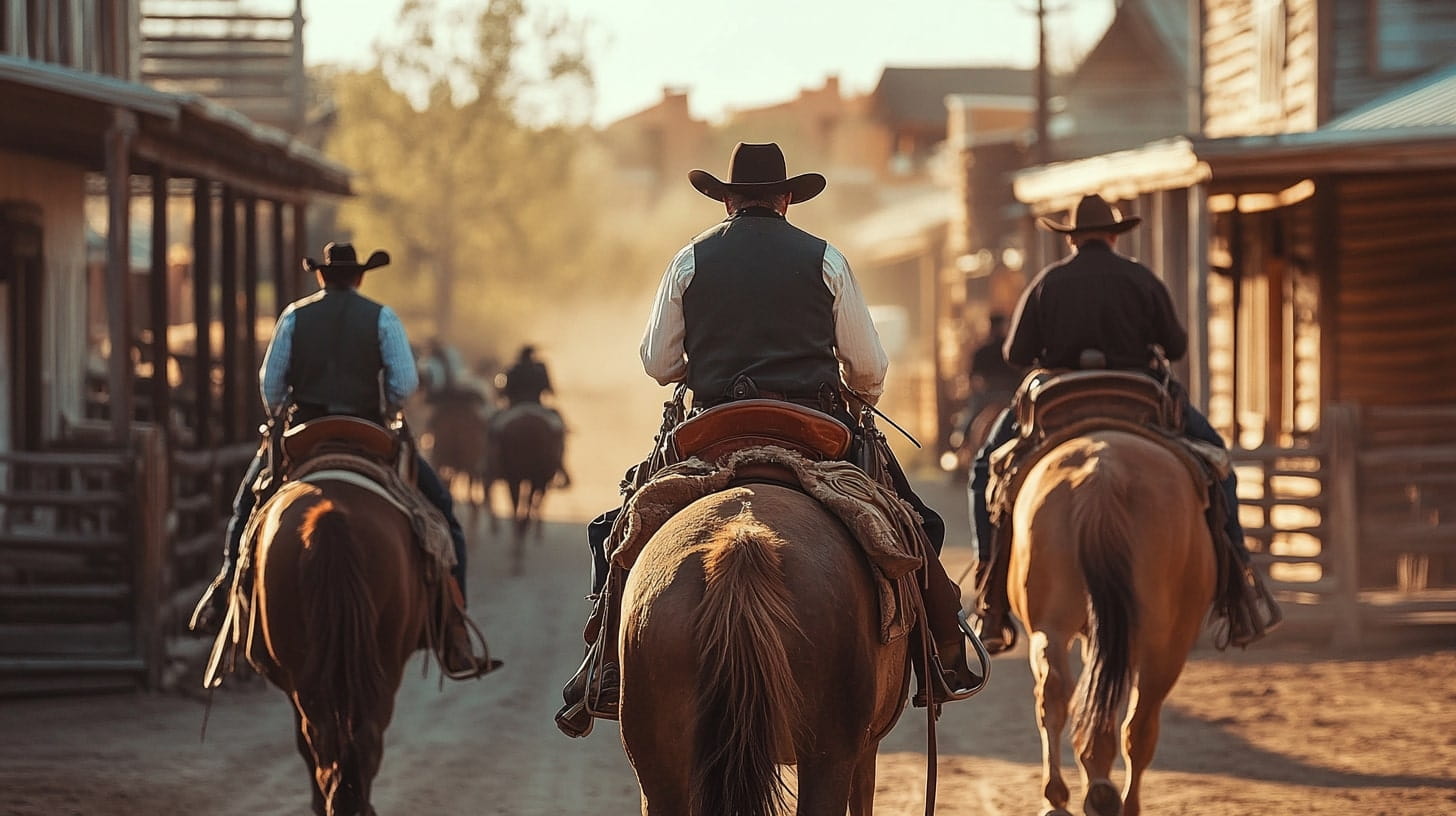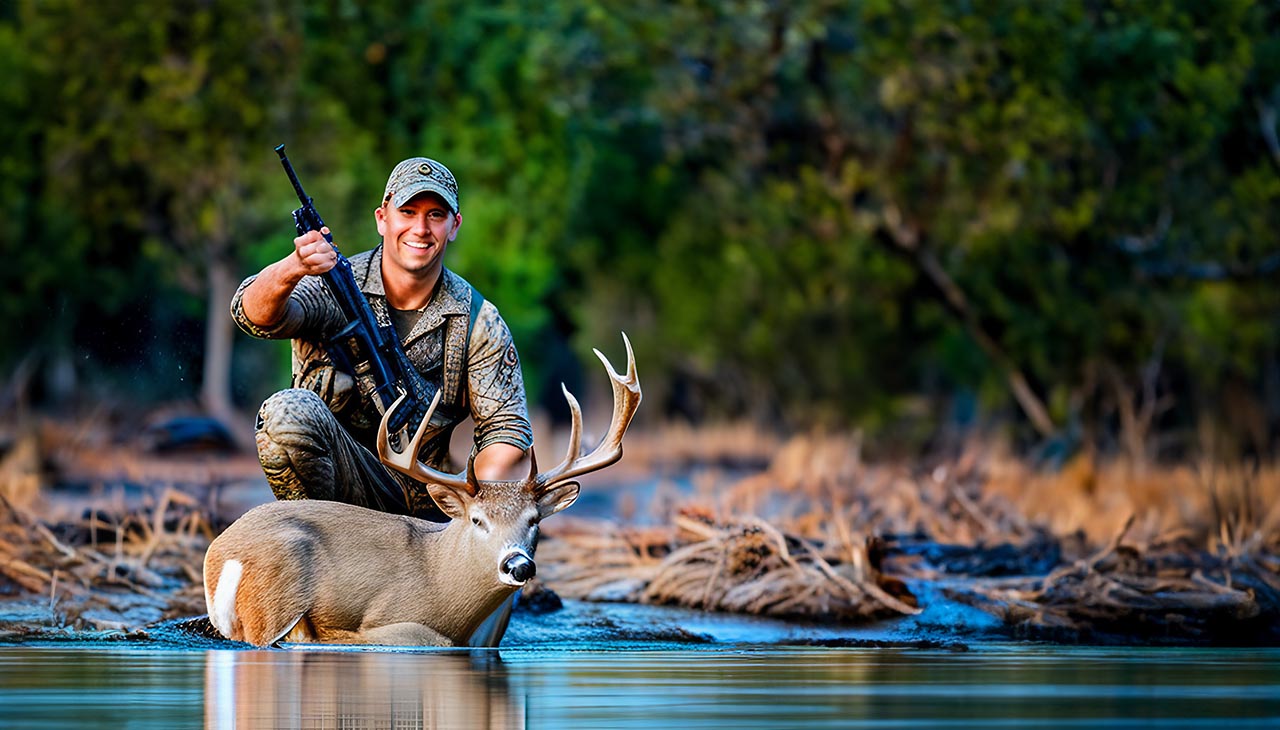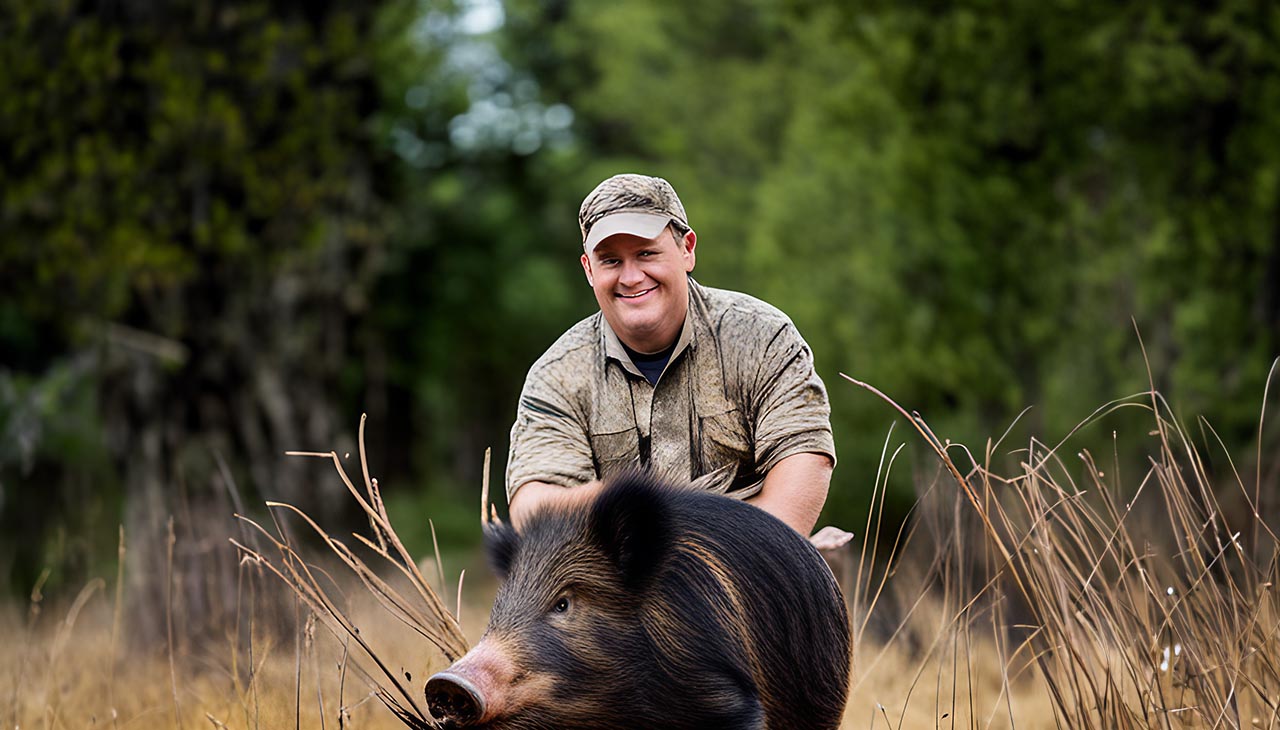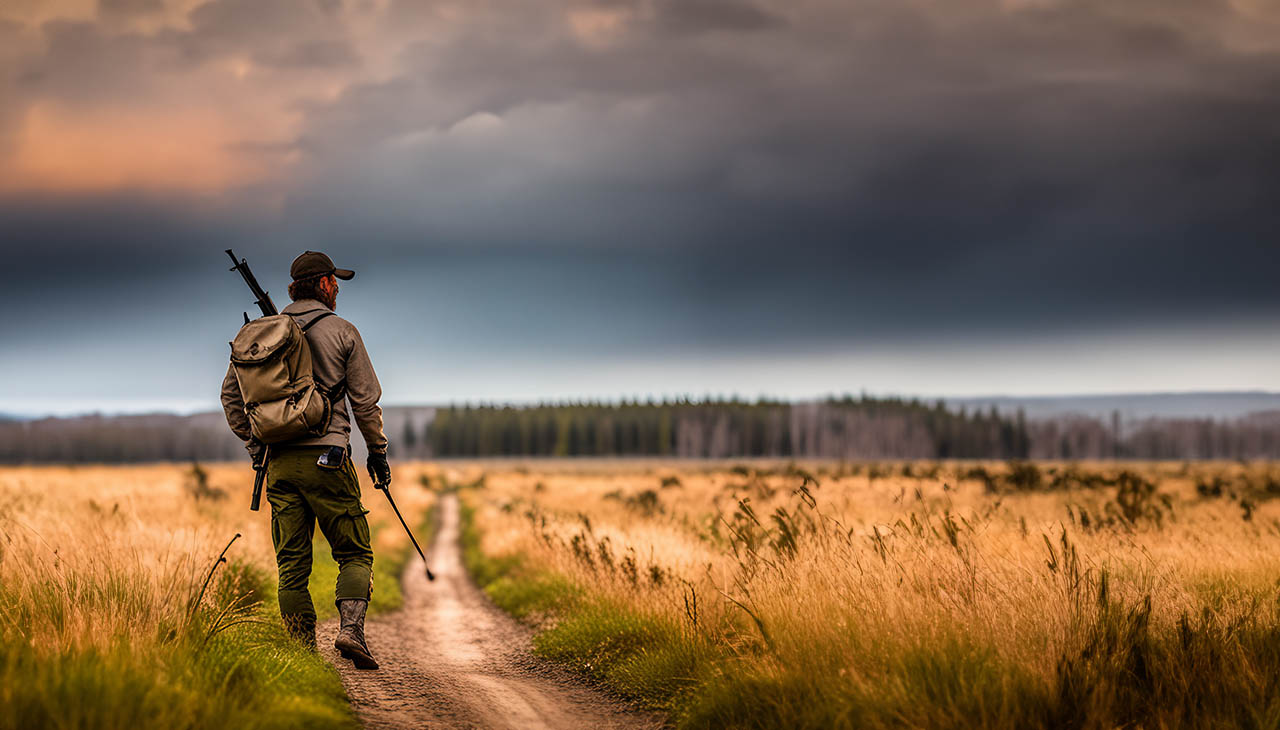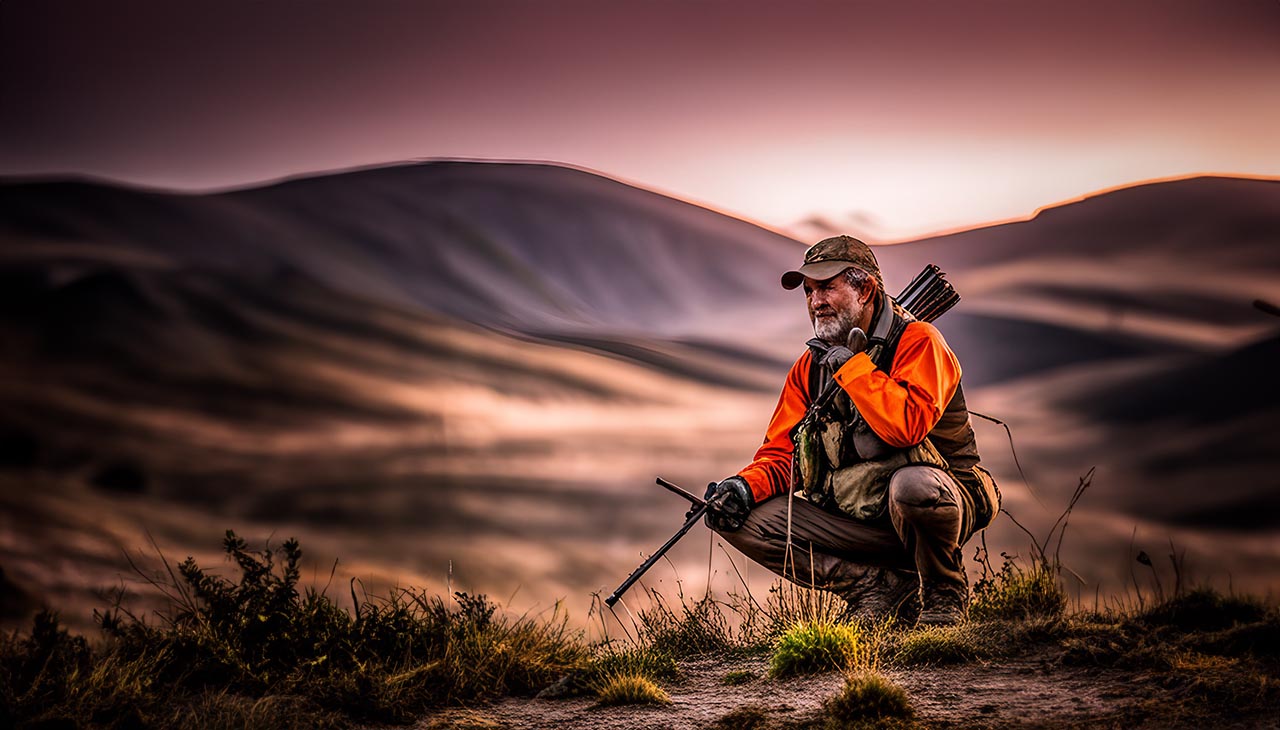Best Places to Hunt Wild Turkeys in Texas (And Other Game Too!)
Texas is a hunter’s paradise, known for its vast landscapes, diverse wildlife, and a strong hunting tradition. While wild turkey hunting is a major draw, Texas is also home to an abundance of other game, including deer, wild hogs, quail, and waterfowl. Whether you’re a seasoned hunter or new to the sport, knowing the best locations can make all the difference in your hunting success.
In this guide, we’ll explore some of the top places in Texas to hunt wild turkeys, while also highlighting the opportunities for other game species in these prime hunting grounds.
Why Texas Is a Premier Destination for Turkey and Game Hunting
Texas is home to three subspecies of wild turkeys: the Rio Grande, Eastern, and Merriam’s. The most common, the Rio Grande turkey, thrives in the central and western parts of the state, offering hunters plenty of opportunities to pursue this elusive bird.
However, the state’s varied landscapes also make it an excellent destination for hunting other game. The dense forests of East Texas, the rolling plains of the Panhandle, and the rugged hill country all offer unique environments where hunters can find abundant wildlife.
Top Locations for Turkey Hunting (And Other Game) in Texas
1. Hill Country – A Wild Turkey Haven with Bonus Whitetail Hunts
The Texas Hill Country is often considered one of the best regions for Rio Grande turkey hunting. Sprawling oak woodlands, river valleys, and open fields provide ideal habitat for these birds.
- Best Hunting Areas: Kerr, Gillespie, and Bandera counties.
- Turkey Season: Spring and Fall, with peak activity in April and early May.
- Other Game Available: Whitetail deer, wild hogs, and exotic species like axis deer.
Hunters in the Hill Country often find themselves encountering deer just as often as turkeys. If you have the proper licenses, you can make the most of your trip by targeting both species.
2. South Texas Brush Country – Big Gobblers and Bigger Bucks
South Texas is known for its dense mesquite brush and abundant wildlife. It’s a hotspot for Rio Grande turkeys, which are drawn to the thick cover and plentiful food sources.
- Best Hunting Areas: Webb, La Salle, and Dimmit counties.
- Turkey Season: Spring and Fall.
- Other Game Available: Trophy whitetail deer, bobwhite quail, and javelina.
This region is also famous for its trophy whitetail deer, making it a top destination for hunters looking to combine turkey hunting with some of the best deer hunting in the country.
3. East Texas Pineywoods – Wild Turkeys and Waterfowl
For those interested in hunting Eastern wild turkeys, East Texas is the place to go. The dense forests and swampy lowlands create an ideal environment for these birds, but hunting them requires patience and strategy.
- Best Hunting Areas: Angelina National Forest, Davy Crockett National Forest, and private leases.
- Turkey Season: Limited spring-only season, requiring careful planning.
- Other Game Available: Ducks, geese, squirrels, and feral hogs.
East Texas is also an incredible waterfowl hunting region, with lakes and wetlands attracting thousands of migrating ducks and geese every season. Hunters here can experience a blend of turkey and waterfowl hunting in the same trip.
4. The Panhandle – Open Terrain and Mixed Hunting Opportunities
The Texas Panhandle may not be the first place that comes to mind for turkey hunting, but it offers excellent opportunities for Rio Grande turkeys, especially in river bottom areas and agricultural fields.
- Best Hunting Areas: Canadian River Valley and private lands near Amarillo.
- Turkey Season: Spring and Fall.
- Other Game Available: Mule deer, pronghorn, and pheasants.
If you’re looking for a multi-species hunting trip, the Panhandle offers some of the best pronghorn antelope and mule deer hunting in the state. Many outfitters in this region offer combination hunts for hunters looking to maximize their time in the field.
5. West Texas – Remote but Rewarding Hunts
West Texas is vast, rugged, and lightly populated, making it a great location for those who prefer remote hunting experiences. While turkey populations are lower than in other parts of the state, dedicated hunters can still find good opportunities.
- Best Hunting Areas: Big Bend region and Davis Mountains.
- Turkey Season: Spring and Fall, with spotty populations.
- Other Game Available: Aoudad sheep, mule deer, and feral hogs.
One of the biggest draws of hunting in West Texas is the opportunity to pursue aoudad sheep, an exotic species that thrives in the mountains and cliffs of this region. It’s a challenging hunt that pairs well with turkey hunting in the surrounding lowlands.
Tips for a Successful Turkey Hunt in Texas
If you’re new to turkey hunting or looking to improve your success rate, keep these tips in mind:
- Scout Before the Season Starts – Turkeys are highly mobile and change their patterns based on food availability and weather.
- Use the Right Calls – Learning how to properly use a slate call, box call, or mouth call can make a huge difference in luring a tom within range.
- Be Patient and Still – Turkeys have incredible eyesight, so movement is your biggest enemy.
- Pick the Right Shotgun and Ammo – A 12-gauge or 20-gauge shotgun with turkey-specific loads will ensure a clean kill.
- Consider a Guide or Private Land Access – While public land hunting is an option, many of the best turkey hunts happen on private ranches.
Conclusion
Texas offers some of the most exciting turkey hunting opportunities in the country, with the added bonus of abundant big game and waterfowl in the same regions. Whether you’re calling in a Rio Grande turkey in the Hill Country, stalking an Eastern turkey in East Texas, or pairing your hunt with whitetail deer or feral hogs, the Lone Star State has something for every hunter.
By choosing the right region, preparing properly, and staying patient in the field, you’ll have a rewarding and successful hunt in Texas’ great outdoors.

